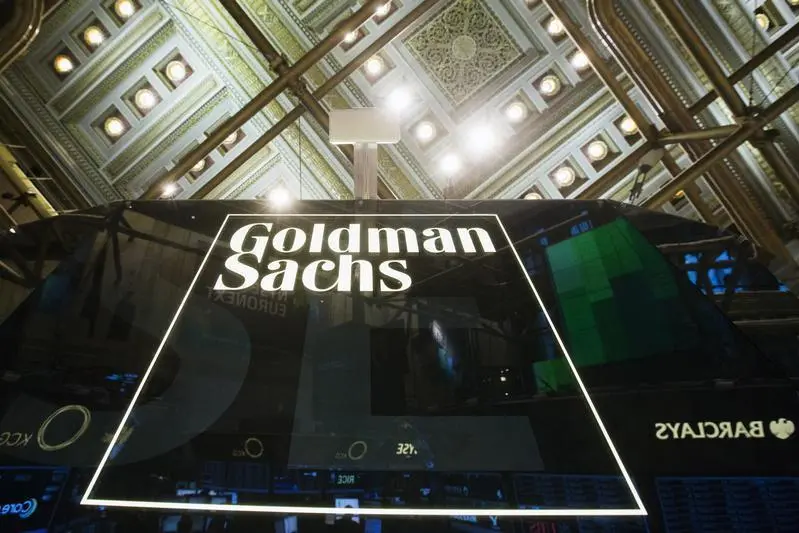PHOTO
Goldman Sachs' profit jumped 45% in the third quarter as the investment bank benefited from a rebound in dealmaking.
It joined JPMorgan Chase, which also gained from an investment banking revival, as corporate clients became more confident in the economic outlook, spurring debt and equity offerings.
"Our performance demonstrates the strength of our world-class franchise in an improving operating environment," CEO David Solomon said in a statement.
Investment banking fees rose 20% to $1.87 billion. Leveraged finance, which refers to loans made to risky ventures like funding buyouts, and investment-grade activity powered a jump in debt underwriting.
Equity underwriting also fetched higher revenue, thanks to a slew of secondary share sales. Revenue from fixed income, currency and commodities (FICC) trading fell 12%, while equities trading jumped 18%.
The bank, however, booked $397 million in provisions for credit losses compared with $7 million a year ago, driven by higher charge-offs in its credit card portfolio.
Goldman continues to take a hit from its ill-fated consumer business two years after stepping back from it. The company has since shifted its focus back on traditional mainstays of investment banking and trading.
Total profit was $2.99 billion, or $8.40 per share, for the three months ended Sept. 30, compared with $2.06 billion, or $5.47 per share, a year ago.
Goldman also benefited from easier comparisons with the year earlier, when it took sizeable writedowns on the consumer business and real estate investments.
The bank is exiting its credit card venture with automaker General Motors, which has signed a deal with Barclays .
JPMorgan is in talks to replace Goldman as tech behemoth Apple's credit-card partner.
(Reporting by Niket Nishant in Bengaluru and Saeed Azhar in New York; Editing by Lananh Nguyen and Arun Koyyur)





















